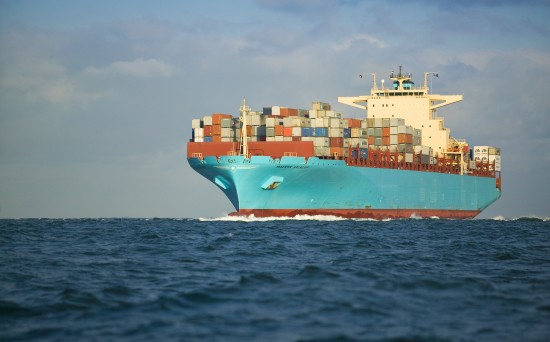Not to reduce emissions from the maritime sector

As is well known, EU climate action is focused
on achieving zero net emissions by 2050. One of the tools to achieve this goal
is the EU's Carbon Emissions Trading System (EU ETS).
So far, power plants, factories and airlines
operating European flights have been obliged to purchase CO2 emission
allowances. However, German MEP Jutta Paulus submitted a proposal to add CO2
emissions from the maritime sector to the EU ETS from 2022, which already at
this stage met with significant opposition from Japan, South Korea and the
fleet of international shipping groups. According to Asian countries, such
steps could increase trade tensions and create additional emissions, as ships
will not stop operating, but will only choose a longer route to avoidEurope. In
turn, the Baltic and International Shipping Council (BIMCO) and the World
Shipping Council (WSC) noted that due to the lack of cost-effective emission
reduction technologies, it is far too early to add shipping emissions to the EU
ETS.In addition, the
International Maritime Organization (IMO) is developing a global plan to halve
greenhouse gas emissions from maritime transport by 2050 and concludes that the
EU plan undermines these efforts.
